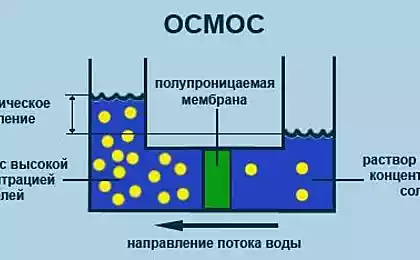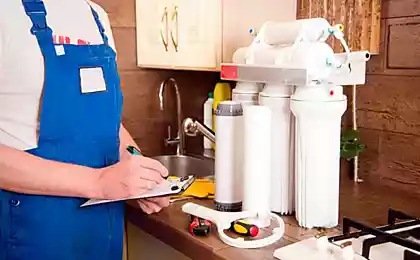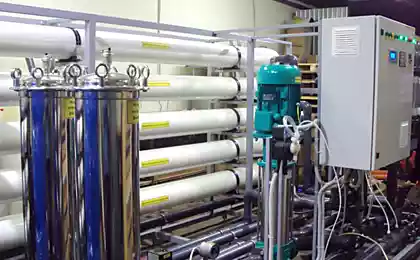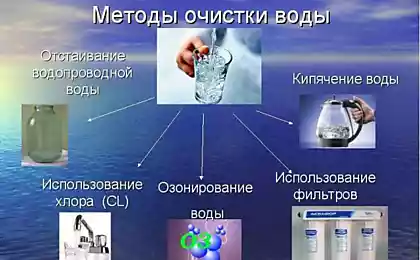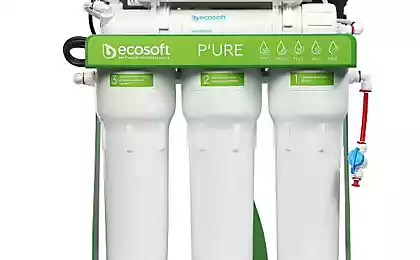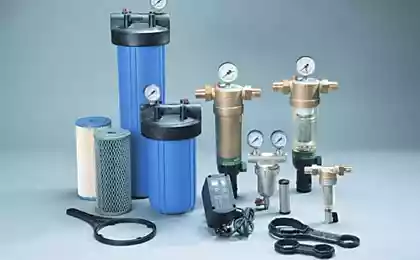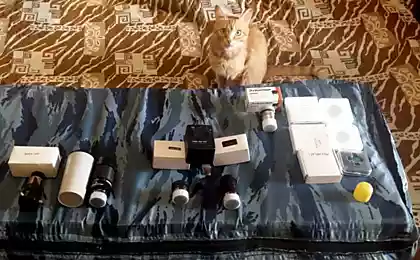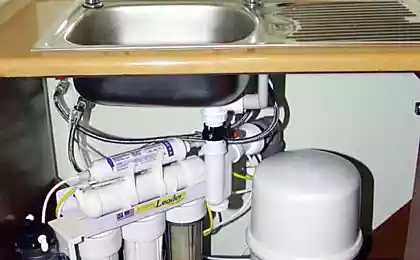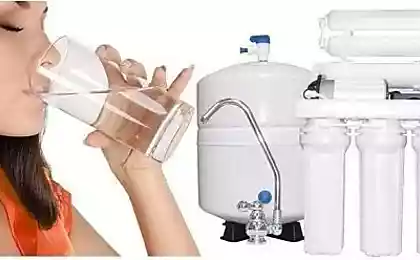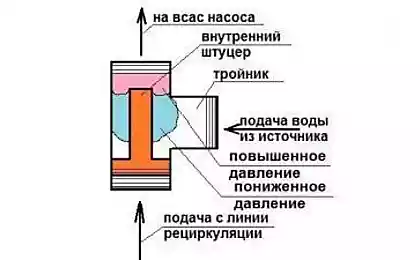336
Reverse osmosis filters: advantages and disadvantages
As soon as any product becomes popular, it is immediately overgrown with myths and prejudices. Reverse osmosis filters are no exception. Let's clarify the situation and talk about how the system works, what are its pros and cons, what benefits does the owner of such a filtration system get.
Reverse osmosis: how it works
The reverse osmosis membrane has unique properties. Its pores are very small, only a water molecule can penetrate through the hole, and solid impurities of even the smallest size (0.001–0.0001 microns) are filtered out, together with the waste liquid they are drained into the sewer.
This is the principle of operation of any similar system. Improved models are presented in online stores, for example , a reverse osmosis filter with an Organic Smart Osmo 6 mineralizer. The device provides 6 stages of purification, and most importantly, it saturates the flow with useful minerals. The system is placed under the sink, and an additional tap is mounted on the countertop: just purified water comes out of one, and mineralized water comes out of the other. The throughput of the system is up to 120 liters per day, this is more than enough for drinking and cooking.
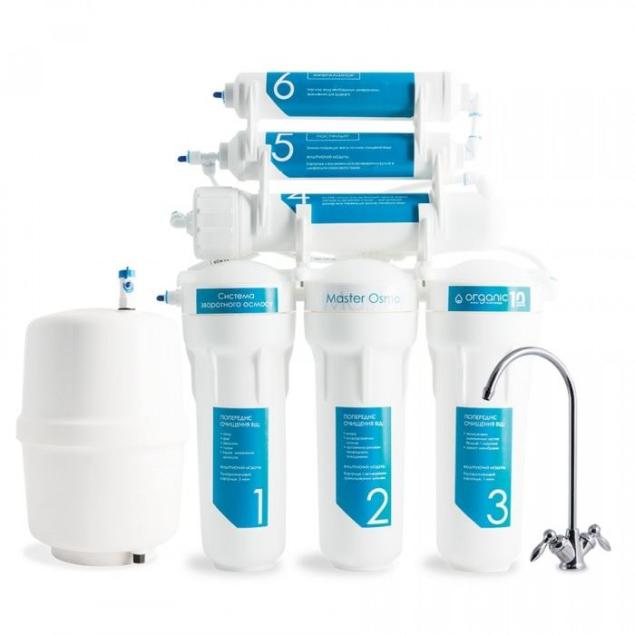
All about reverse osmosis: advantages and disadvantages
What are the advantages of such systems:
As a result, clear, absolutely not cloudy water flows from your tap without unpleasant smell and taste.
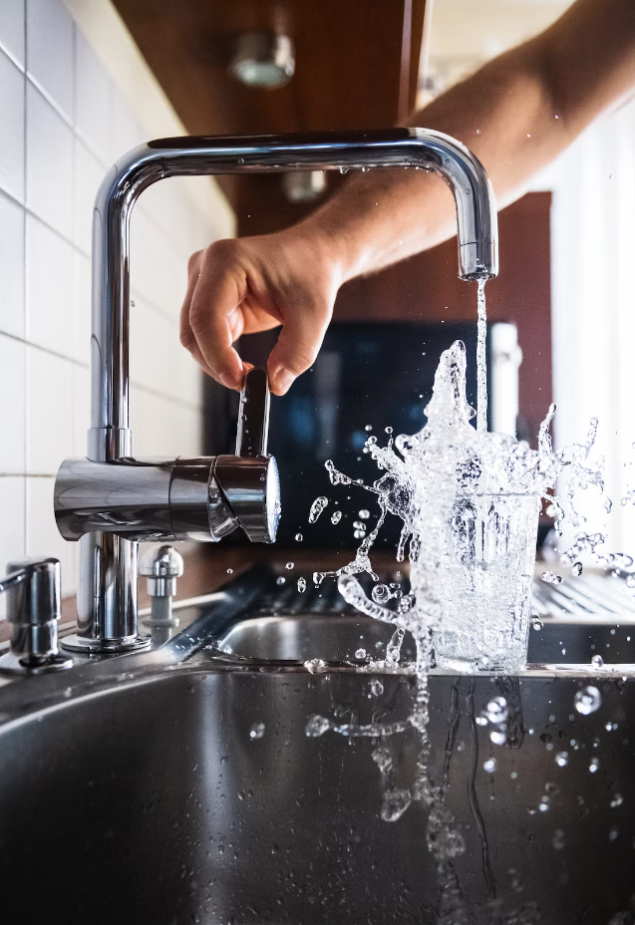
Do filters have disadvantages? First of all, they recall that the membrane does not retain gaseous impurities, however, it does not let salts, heavy metals and other chemical impurities hazardous to health. The question follows from this: useful substances also merge into the sewer? Yes, at the outlet the liquid is clean, in order to saturate it with the necessary compounds, a mineralizer is used. Scroll to the beginning of the article, open the link to the model.
We also recommend the Organic Smart Osmo 5 reverse osmosis filter (without a mineralizer), for cooking, especially baby food, is what you need.
Reverse osmosis: how it works
The reverse osmosis membrane has unique properties. Its pores are very small, only a water molecule can penetrate through the hole, and solid impurities of even the smallest size (0.001–0.0001 microns) are filtered out, together with the waste liquid they are drained into the sewer.
This is the principle of operation of any similar system. Improved models are presented in online stores, for example , a reverse osmosis filter with an Organic Smart Osmo 6 mineralizer. The device provides 6 stages of purification, and most importantly, it saturates the flow with useful minerals. The system is placed under the sink, and an additional tap is mounted on the countertop: just purified water comes out of one, and mineralized water comes out of the other. The throughput of the system is up to 120 liters per day, this is more than enough for drinking and cooking.

All about reverse osmosis: advantages and disadvantages
What are the advantages of such systems:
- Thanks to the filter, ordinary tap water becomes the purest, the system eliminates up to 99% of impurities.
- Reverse osmosis cleans the flow of salts, bacteria and viruses, traces of fertilizers and other chemical compounds hazardous to health.
- The quality of the resulting product is an order of magnitude higher than even bottled water manufacturers.
- The devices are universal, they can be installed in the house with both water supply and artesian wells.
- The cost of the systems themselves and their maintenance is affordable. After the purchase, you just need to change the filters on time.
As a result, clear, absolutely not cloudy water flows from your tap without unpleasant smell and taste.

Do filters have disadvantages? First of all, they recall that the membrane does not retain gaseous impurities, however, it does not let salts, heavy metals and other chemical impurities hazardous to health. The question follows from this: useful substances also merge into the sewer? Yes, at the outlet the liquid is clean, in order to saturate it with the necessary compounds, a mineralizer is used. Scroll to the beginning of the article, open the link to the model.
We also recommend the Organic Smart Osmo 5 reverse osmosis filter (without a mineralizer), for cooking, especially baby food, is what you need.
I don't like to fry cheesecakes, I bake cottage cheese like a French chef.
Nose hair extensions and other fashion trends of 2023
